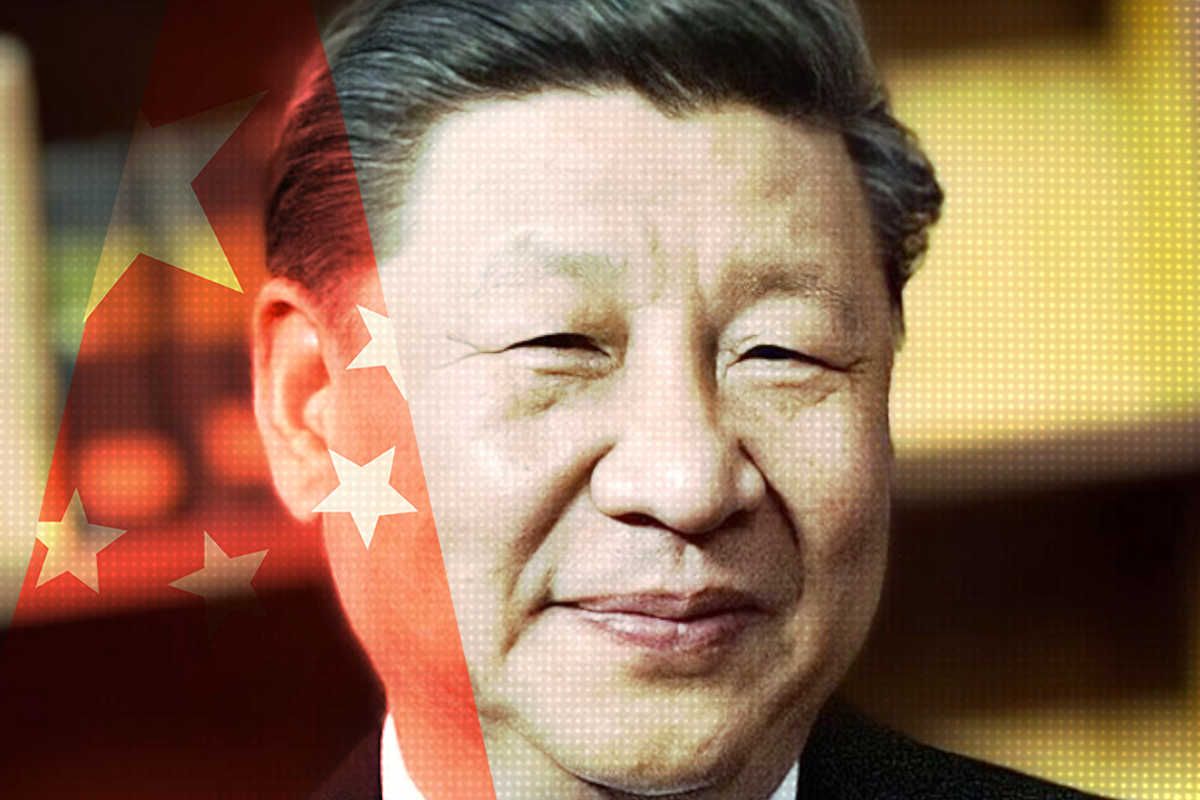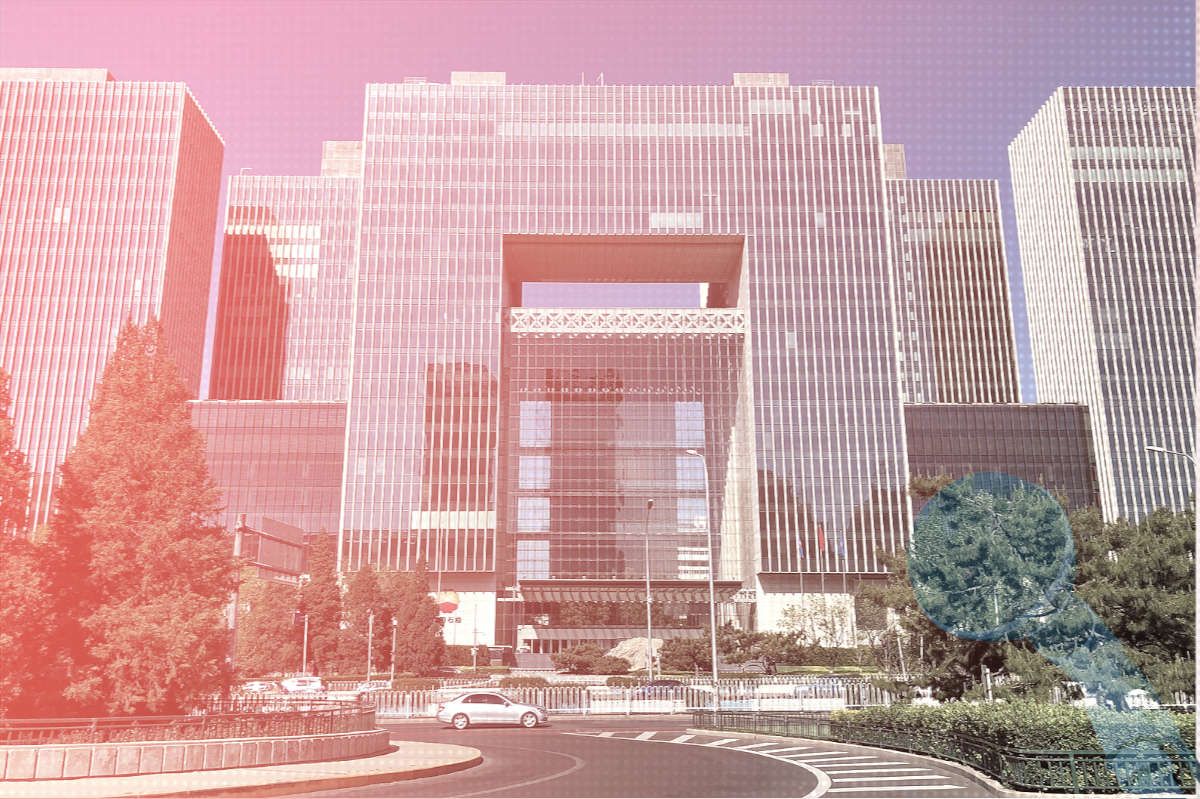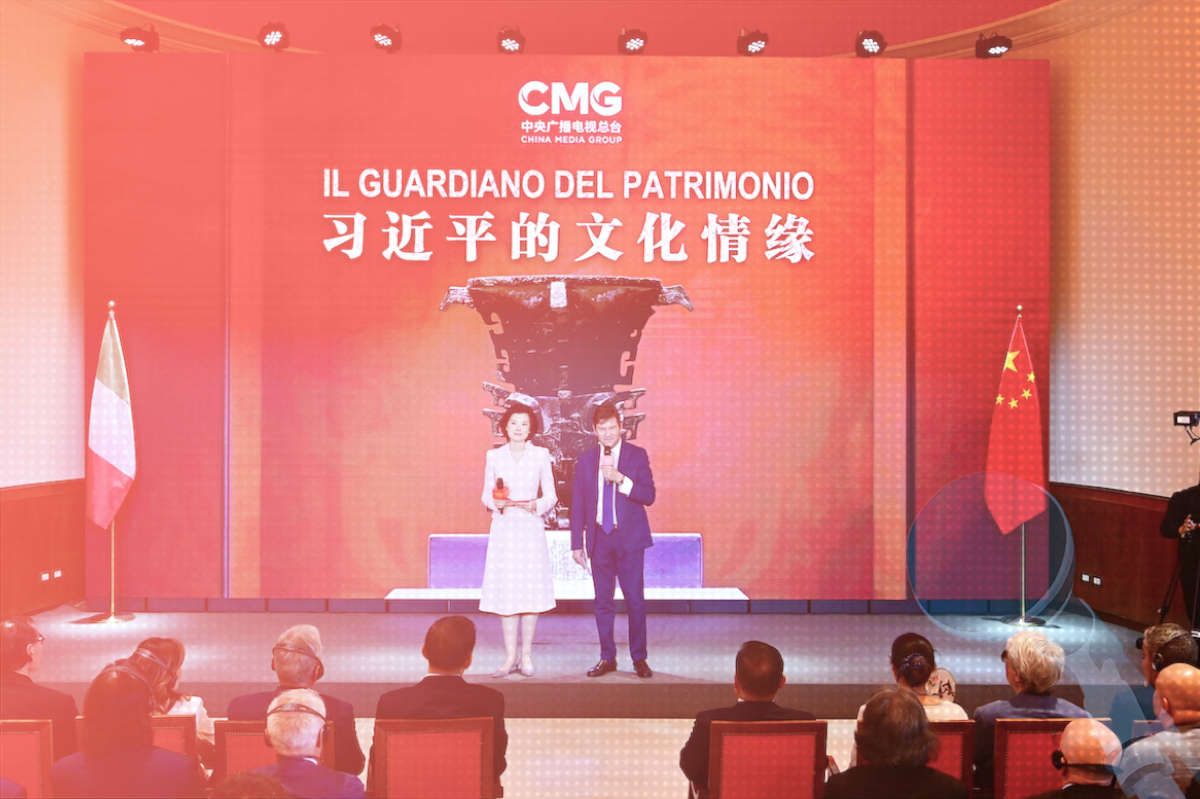Headlines and Hashtags
Wait a minute, what happened to political reform?
By Qian Gang (钱钢) — Before the 17th National Congress went into session I said we would have to see whether the phrase “political reform” (政治体制改革) appeared in a subhead in Hu Jintao’s political report. This, I said, would determine whether political reform would become a key agenda over the next five years. Based on appearances of the term in the 13th, 14th, 15th and 16th congress reports, I defined the presence of “political reform” in just one subhead as a minimum expectation of Hu’s political report.
But Hu Jintao’s report frustrated even our most modest hopes.
.
[ABOVE: Screenshot of People’s Daily online press center for the 17th National Congress, October 23, 2007.]
The 17th congress marks the first time in five major party meetings since the 13th National Congress in 1987 that we have not seen “political reform” in a subhead. In Zhao Ziyang’s report to the 13th congress, section five was called, “Concerning Political Reform” (关于政治体制改革).
In Jiang Zemin’s report to the 14th congress, section two, “Key Tasks for Reform and Building in the 1990s” (九十年代改革和建设的主要任务), listed 10 key objectives. The smaller subhead for task six read: “Actively Promoting Political Reform, Making Relatively Major Progress on Socialist Democracy and the Legal System” (积极推进政治体制改革,使社会主义民主和法制建设有一个较大的发展).
Section six of the 15th congress report, also by Jiang Zemin, was headed: “Political Reform and the Building of Democracy and the Legal System” (政治体制改革和民主法制建设). Section five of Jiang Zemin’s report to the 16th National Congress in 2002 carried the subhead: “Political Building and Political Reform (政治建设和政治体制改革).
In this year’s report to the 17th National Congress, Hu Jintao does not place “political reform” in a subhead. Instead, the section dealing with the issue of political reform is called, “Steadfastly Developing Socialist Democratic Politics” (坚定不移发展社会主义民主政治)。
The section has the following to say about political reform:
People’s democracy is the very life of socialism. The development of socialist democratic politics (社会主义民主政治) is a goal toward which our party struggles tenaciously. Since the beginning of the opening and reform policy, we have actively and prudently pushed ahead with political reform, bringing about a blossoming of socialist democratic politics. As an important component of comprehensive reforms in our country, political reforms must continually deepen so as to be compatible with economic and social development, and the people’s increasingly active participation in political affairs.
We must continue on the road to political development under socialism with Chinese characteristics, adhering to a unification of the Party’s leadership, the people as masters of the country and rule of law. We must adhere to and perfect the system of the National People’s Congress, the system of multi-party cooperation and political consultation under the leadership of Communist Party, and systems of regional ethnic autonomy and self-governance at the grassroots level, constantly seeking self-improvement and development of the socialist system.
In deepening political reforms we must hold to the correct political orientation, expanding socialist democracy, building a socialist country governed by rule of law and advancing socialist political civilization with the goal of ensuring that the people are the masters of the country, that the vitality of the party and country are lifted, and that the initiative of the people is stimulated.
人民民主是社会主义的生命。发展社会主义民主政治是我们党始终不渝的奋斗目标。改革开放以来,我们积极稳妥推进政治体制改革,我国社会主义民主政治展现出更加旺盛的生命力。政治体制改革作为我国全面改革的重要组成部分,必须随着经济社会发展而不断深化,与人民政治参与积极性不断提高相适应.
要坚持中国特色社会主义政治发展道路,坚持党的领导、人民当家作主、依法治国有机统一,坚持和完善人民代表大会制度、中国共产党领导的多党合作和政治协商制度、民族区域自治制度以及基层群众自治制度,不断推进社会主义政治制度自我完善和发展.
深化政治体制改革,必须坚持正确政治方向,以保证人民当家作主为根本,以增强党和国家活力、调动人民积极性为目标,扩大社会主义民主,建设社会主义法治国家,发展社会主义政治文明.
In the section of Hu’s report dealing with political reform, the term itself is not used. The phrase “democratic politics” stands in its stead. Not a big deal, right? This is a tiresome exercise in hair-splitting, right?
Wrong.
In China’s political lexicon, the term “political reform”, or zhengzhi tizhe gaige (政治体制改革), is relatively sensitive. By contrast, “democratic politics” is safe. Searching through a database of mainland newspaper coverage, CMP has found that “democratic politics” has enjoyed a high and steady degree of use over the last several years.
Before 1949 the term “democratic politics” was a weapon the Chinese Communist Party used in its ideological battle with the ruling Kuomintang Party. In the 1980s, Zhao Ziyang said the goal of economic reforms was to create a commodity economy (商品经济), and the goal of political reforms was to build democratic politics. From that point on “democratic politics” became the preferred term used to extol the party’s democratic achievements, such as the national congress and CPPCC systems.
The term “political reform” is unambiguously directed at the problem of abuse of power in China. In his report to the 13th National Congress in 1987, Zhao Ziyang said:
The undertaking and deepening of economic structure reforms raises the need for more pressing political reforms. The course of developing a socialist commodity economy should also be a course of building socialist democratic politics. Without undertaking political reforms, reforms to the economic system cannot ultimately succeed.
经济体制改革的展开和深入,对政治体制改革提出了愈益紧迫的要求。发展社会主义商品经济的过程,应该是建设社会主义民主政治的过程。不进行政治体制改革,经济体制改革不可能最终取得成功.
Political reforms stagnated during the Jiang Zemin era, but Jiang continued to speak of political reform as a priority. In each of his reports to the 14th, 15th and 16th national congresses, Jiang wrote the term “political reform” into a section head – even if the specific language of the section in question set limitations on reform.
Now, in Hu Jintao’s report, “political reform” is left out of the section heads altogether.
This move should be read as a cold response to growing calls for political reform among intellectuals and the public in China. Hu Jintao is sending a clear message that political reform will not be one of his key agendas. In the so-called “four-in-one” (四位一体) formula of economic construction (经济建设), social construction (社会建设), cultural construction (文化建设) and political construction (政治建设), the first two will be the core priorities.
In his report, Hu Jintao dwells on the minute details of reform and avoids systemic issues. He sidesteps what Deng Xiaoping said in 1980 was the system’s most egregious fault – over-concentration of power. Nor does he talk about separating the functions of party and government (党政分开).
Hu Jintao has carried on many terms of the Jiang Zemin era that signal persisting limitations on political reform – terms like “actively and cautiously” (积极稳妥), “upholding the leadership of the Communist Party” (坚持党的领导), and “keeping firmly to the correct political orientation” (坚持正确政治方向).
Hu’s stand on political reform in this year’s report underlines his apprehension. He is not endorsing and encouraging greater public participation in political affairs. Instead, he is sending a warning to those who support reforms.
When Hu Jintao talks about democratic politics he draws our attention to such issues as grassroots democracy, the building of the legal system and administrative reforms. He talks about the need for “supervision” (监督). But he offers no answer to the basic question of how, when over-concentration of power is a persisting problem, the opinions of the people can check and supervise organs of power.
There are some changes in Hu Jintao’s report. He has dropped a few stiff old phrases like “stability is of overriding importance” (稳定压倒一切) and “not copying models of political systems of the West” (绝不照搬西方政治制度)”.
But Hu Jintao has no major plans for political reform over the next five years, and his report makes this fact patently clear.
(Qian Gang, October 23, 2007)
[Translated by David Bandurski]





















